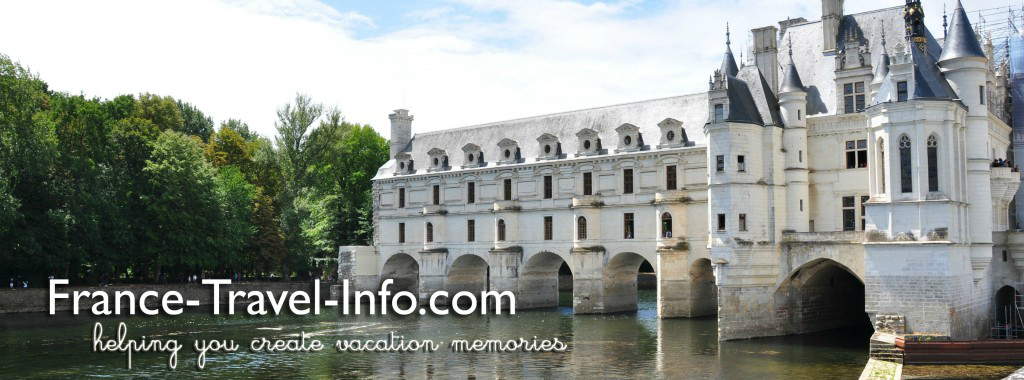Candes-St-Martin and her Collegiate Church of St-Martin
Impossibly Narrow Streets
We were greeted by impossibly narrow streets that made us wish we were walking or biking instead of maneuvering through in a compact car. In fact, if you do want to cycle, the EuroVelo6 route goes through Candes St Martin and Montsoreau. There is a wonderful campsite in Montsoreau and the cycle path follows along the Vienne and the Seine with lovely views!

We had no difficulty finding a place to park in town as it was a mid October and we appeared to be the only tourists around. In high season I think it would be better to park at the Château de Montsoreau and walk to Candes St Martin.
These narrow streets are definitely fun to walk. And walk we did, wandering under bridges and upward to great view points.

Candes-St-Martin

Pont Feodal
Houses and shops front the street with narrow or non-existent sidewalks and little parking access. We passed through Candes-St-Martin at least twice a day while we were staying in this area due to the location of our gite. Thankfully we met little traffic !
I love the vintage shop signs but one of the unfortunate discoveries we made while traveling in October is that often the interesting shops are closed for the season.

Orfèvere – a silversmith or goldsmith

L’atelier de poterie – pottery maker

Door knockers of all varieties bid you welcome
We specifically stopped here to see the Collegiate Church of St-Martin which dates from 12th and 13th centuries. This church venerates St Martin who lived during the mid 300s and died here in Candes in 397. He was originally buried here but his tomb was moved to the cathedral in Tours.

Front facade of the Collegiate Church of St-Martin with its crenellated towers.
A Bit of History
St-Martin has an interesting history. He was “drafted” to the army at the tender age of 15 and at age 18 he used his faith as a reason for not fighting. Is he perhaps our first conscientious objector? During his time in the army he is said to have used his sword to cut his cloak in half to give to a beggar. Later he declared the church as his vocation and would one day become the Bishop of Tours. (see SULPITIUS SEVERUS ON THE LIFE OF ST. MARTIN)

14 saints decorate the front facade
The entire front porch of the Collegiate Church of St-Martin was added in the 15th century. On the front façade, there are 14 saints carved in stone. As you enter the portico, which is supported by a center column and multi-ribbed vaults you find more carvings of saints.

More sculptures inside the portico

This bank of carvings appears to be supporting the upper part of the wall with the statuary inside the portico. Vines and flowers surround the nine of these heads, some male, some female, with and without crowns. Look carefully. All sorts of fantastical creatures/monsters are carved here. Finding a mermaid and merman carved in a church is certainly an unusual find.

Royal heads surrounded by fantastical figures and oak leaf designs

Before entering the church we take a backwards glance out through the door to the exterior carvings.
Inside the Church
The front carvings are intricate and numerous but when you get inside there is a sense of vast emptiness as the ceiling towers above you. You might even be tempted to leave, thinking there is nothing much to be seen….. but don’t. Look at the corbels and the ribbed vaults as they will lead your eye to more statuary.

The height of the vaults was amazing.


Baptismal font
Inside , many of the sculptures still have the remains of the polychrome paint.

The church has very few stained glass windows so it seems only proper that one of them be dedicated to Saint Martin.
Outside again, these two carvings seem to be watching the comings and goings of visitors.






Leave a Reply